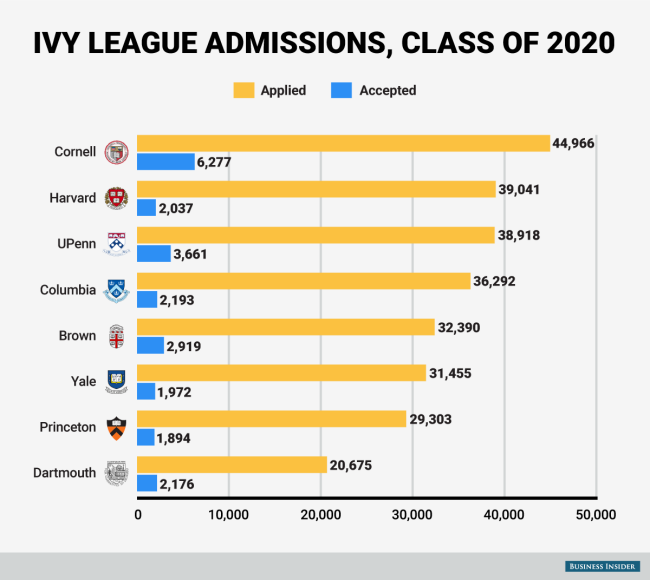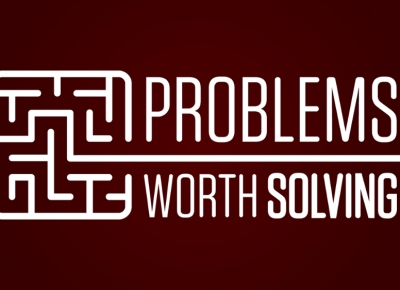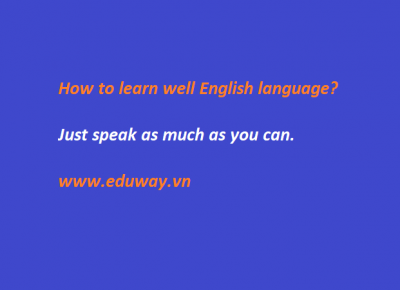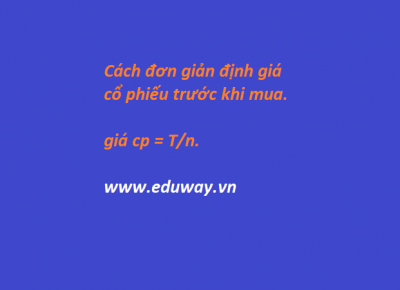The Value Of An Ivy League Education

The Research
Most of the time we can rely on quantitative research to find the true answer. In this case, the research is inconclusive, at least for now. A 1999 study by Rand, Cornell and Brigham Young University indicated that Ivy League graduates earned as much as 39% more than those who went to second-tier schools, but Princeton professor and economist Alan Krueger and his fellow researcher Stacy Berg Dale released a study the same year with seemingly opposite findings.
They found that when a student performed high enough to enter an Ivy League school, but instead went to a second-tier school, they earned just as much money as their Ivy League counterparts. This study was released again in 2007 with updated data and it came to the same conclusion as the original study.
Also, data indicates that although students pay more for their Ivy League education, those schools invest substantially more into each student when compared to other schools. In fact, elite schools spend 7.75 times more on each student. That translates in to $92,000 per student at Ivy League schools versus only $12,000 at second-tier institutions. (For related reading, see The Best Designation For Your Financial Education: CFA, MBA or Both?)
Pro Ivy League
Since the data is inconclusive, let's look elsewhere. On one side of the debate are the people who believe that attending and graduating from an Ivy League school affords benefits that aren't easily gained from their second-tier school counterparts.
Those with Ivy League schools on their resumes may get a second look, and if the person interviewing you happens to be a fellow Yale graduate, that would certainly give you some talking points according to Steve Menack, an Ivy League graduate and successful attorney after graduating from Columbia Law School. He goes on to say that potential clients definitely look at him differently because of his Ivy League education.
According to another popular argument, there are also networking benefits. Those who attend Ivy League schools are constantly in the presence of fellow high-performing students who already have prestigious contacts in large companies and those contacts may open the door to jobs not available to those who attend other schools.
Anti Ivy League
Jay Mathews, recruiter, Harvard graduate and author of the book Harvard Schmarvard: Getting Beyond the Ivy League to the College That is Best for You believes that Ivy League graduates do better than their second-tier counterparts, but like the one study indicated, it's not so much because of the school.
According to the New York Times, in 2010 Harvard only accepted 6.92% of applicants, Princeton accepted 8.18% and Yale accepted only 7.5%. Only the best, most promising students are getting into Ivy League schools. These are students who would be successful wherever they went, and that may account for the Ivy League influence according to Mathews.
He goes on to say that although education matters, how a person relates to customers, employees and others in the supply chain is more important than his or her school of choice. Performance is far more important than education. (For related reading, see Should You Head Back To Business School?)
Source: https://www.investopedia.com/financial-edge/0811/the-value-of-an-ivy-league-education.aspx









